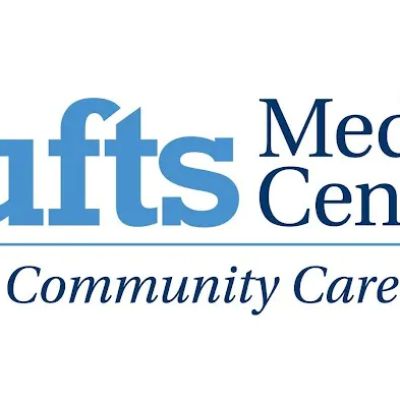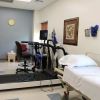- Understanding Heart Disease and Kidney Function
- How Heart Disease Affects Kidney Function
- The Impact of Kidney Disease on Cardiovascular Health
- Managing Heart and Kidney Health Together
- When to Seek Medical Help
1. Understanding Heart Disease and Kidney Function
Heart disease and kidney function are deeply interconnected, with one condition often influencing the other. Both organs play crucial roles in maintaining overall health. The heart pumps blood throughout the body, and the kidneys filter waste from the blood, regulating essential functions such as fluid balance, blood pressure, and electrolyte levels.
However, when one organ is affected, it can lead to complications for the other. Kidney disease can increase the risk of heart disease, and conversely, heart disease can lead to kidney damage. Understanding the link between these two organs is vital for improving long-term health outcomes and preventing severe complications like heart failure or kidney failure.
2. How Heart Disease Affects Kidney Function
Heart disease can affect kidney function in several ways. When the heart is weakened due to conditions such as heart failure or atherosclerosis (hardening of the arteries), it can lead to reduced blood flow to the kidneys. This decreased blood flow can impair the kidneys’ ability to filter waste effectively, leading to a buildup of waste products in the blood and a condition known as kidney dysfunction.
In addition, heart disease often leads to high blood pressure, which is one of the leading causes of kidney disease. Chronic high blood pressure can damage the blood vessels in the kidneys, reducing their ability to filter blood properly. Over time, this can result in kidney failure, making it even more difficult to manage heart disease.
3. The Impact of Kidney Disease on Cardiovascular Health
Kidney disease also has a significant impact on cardiovascular health. When the kidneys are not functioning properly, they are less able to regulate the balance of fluid and electrolytes in the body. This imbalance can lead to high blood pressure, which in turn puts strain on the heart. In people with chronic kidney disease, the risk of developing heart disease is significantly higher.
Furthermore, kidney disease can lead to a buildup of waste products in the body, which can cause inflammation and increase the risk of plaque buildup in the arteries. This can result in atherosclerosis, which further contributes to heart disease. The combination of kidney and heart disease increases the risk of stroke, heart attack, and heart failure.
4. Managing Heart and Kidney Health Together
Because heart disease and kidney disease are so closely linked, managing both conditions simultaneously is crucial. Here are some strategies to help protect both your heart and kidneys:

Control Blood Pressure
High blood pressure is a major risk factor for both heart disease and kidney disease. Monitoring your blood pressure regularly and taking steps to keep it within a healthy range can help protect both organs. If you have high blood pressure, working with your doctor to find the right medication and lifestyle changes to control it is essential.
Capital Health Medical Center – Hopewell
capital health medical center hopewell
1 Capital Way, Pennington, NJ 08534, USA

Maintain a Healthy Diet
A balanced diet that is low in sodium and rich in fruits, vegetables, and whole grains can support both heart and kidney health. Limiting processed foods, saturated fats, and cholesterol-rich foods can help reduce the risk of heart disease, while controlling protein intake may benefit kidney function, especially for those with kidney disease.
Exercise Regularly
Regular physical activity can improve cardiovascular health and reduce the risk of kidney damage. Exercise helps lower blood pressure, improve blood flow, and maintain a healthy weight, all of which benefit both the heart and kidneys.
Avoid Smoking and Limit Alcohol
Smoking and excessive alcohol consumption can damage both the heart and kidneys. Quitting smoking and limiting alcohol intake are essential steps in improving overall health and preventing further damage to both organs.
5. When to Seek Medical Help
If you have either heart disease or kidney disease, it is essential to regularly monitor your condition and seek medical help when necessary. If you experience symptoms such as shortness of breath, swelling in the legs, fatigue, or changes in urination, it is important to consult a healthcare provider immediately.
Additionally, individuals with risk factors for both heart disease and kidney disease, such as high blood pressure, diabetes, or a family history of these conditions, should work closely with their healthcare providers to develop a comprehensive treatment plan that addresses both aspects of their health.
Regular checkups and testing can help catch problems early, allowing for timely interventions to prevent further complications.
To learn more about how to protect your heart and kidneys, visit HeartCare Hub for expert advice, tips, and resources to help you manage both conditions effectively.





















Deborah Heart and Lung Center
deborah heart and lung center
200 Trenton Rd, Browns Mills, NJ 08015, USA